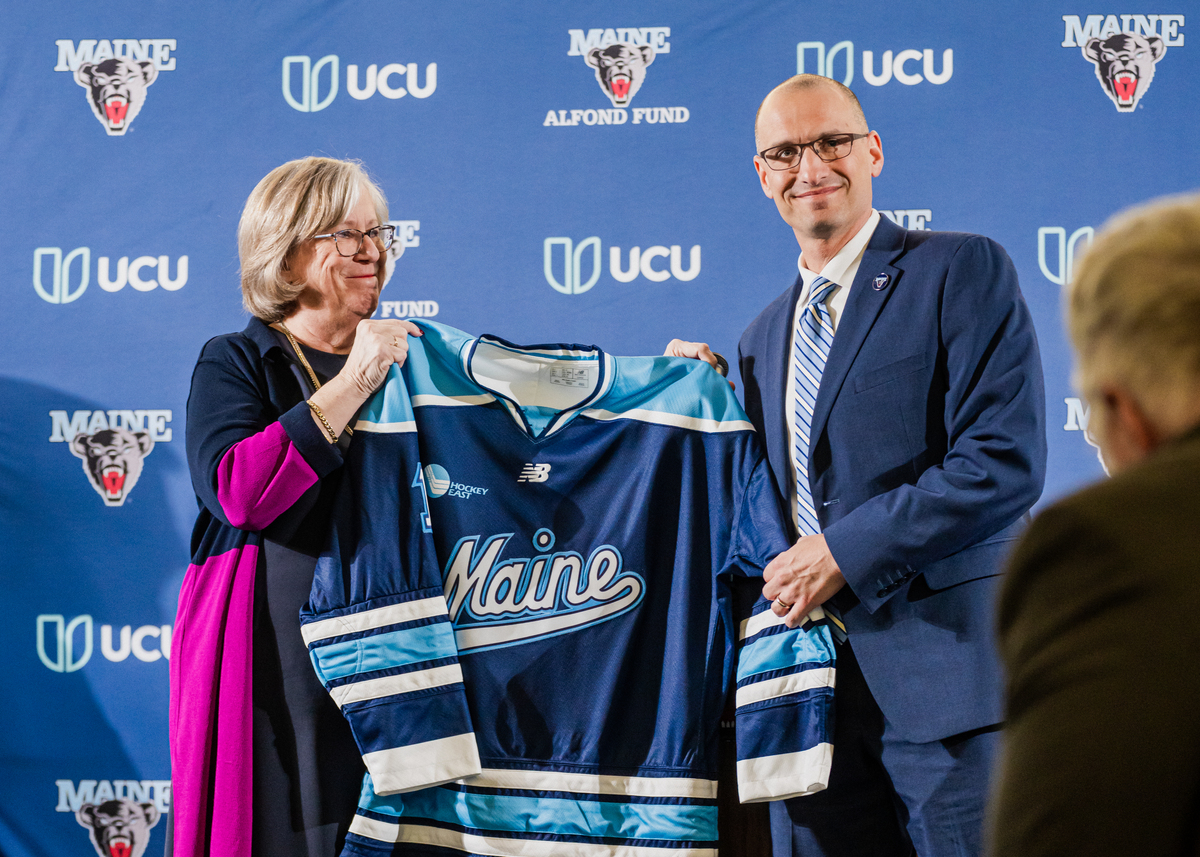Sparkee
Blackbear
If you read this(which was updated today) it has a section on being able to exceed the 26 roster limit, I think.

*******************
What happens to a student-athlete who loses a roster spot due to the roster cap legislation?
Answer: Under the new settlement Division I schools will have the option to exempt any athlete who was on a roster in 24-25, who has been or would have been removed for 2025-26 because of the new roster limits for the remainder or their career. It also lets schools/teams accommodate any high school senior who was recruited to be or was assured they would be on a Division I roster for the 2025-26 season. These athletes will be identified by the institutions as “Designated Student-Athletes” for the remainders of their career. Athletes who feel they should be designated as such should contact their on-campus compliance office.
********************
Doesn’t this mean you can have 28 players as long as you pick too players from the 24-25 roster and say they would have been cut to make 26. So we call them “Designated Student-Athletes” and they get their scholarships and the roster stays at 28? You could pick Stewart and Pichette and then Maine can hold those two extras for three seasons more and Maine will be at 28 players for 3 seasons. Not sure if my interpretation is right.

*******************
What happens to a student-athlete who loses a roster spot due to the roster cap legislation?
Answer: Under the new settlement Division I schools will have the option to exempt any athlete who was on a roster in 24-25, who has been or would have been removed for 2025-26 because of the new roster limits for the remainder or their career. It also lets schools/teams accommodate any high school senior who was recruited to be or was assured they would be on a Division I roster for the 2025-26 season. These athletes will be identified by the institutions as “Designated Student-Athletes” for the remainders of their career. Athletes who feel they should be designated as such should contact their on-campus compliance office.
********************
Doesn’t this mean you can have 28 players as long as you pick too players from the 24-25 roster and say they would have been cut to make 26. So we call them “Designated Student-Athletes” and they get their scholarships and the roster stays at 28? You could pick Stewart and Pichette and then Maine can hold those two extras for three seasons more and Maine will be at 28 players for 3 seasons. Not sure if my interpretation is right.
Last edited:


